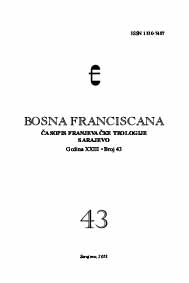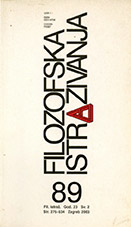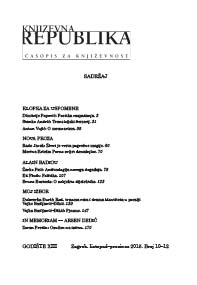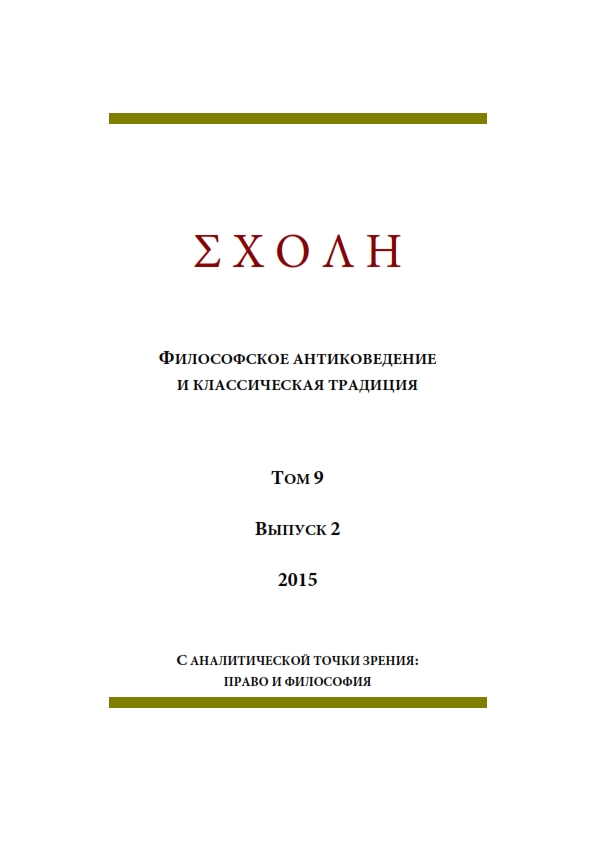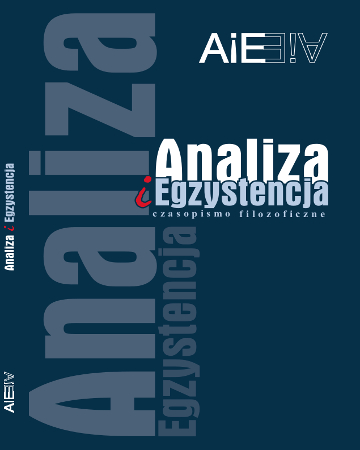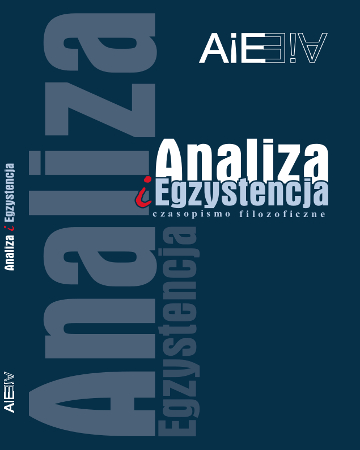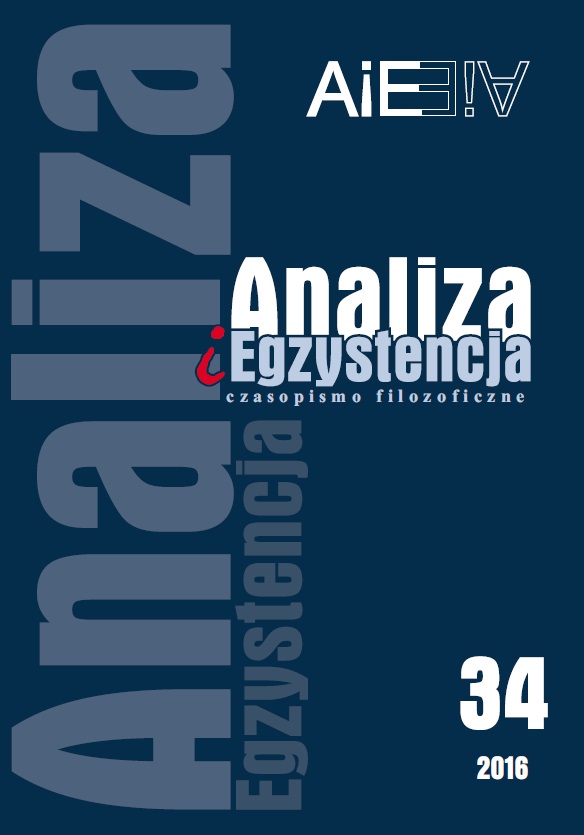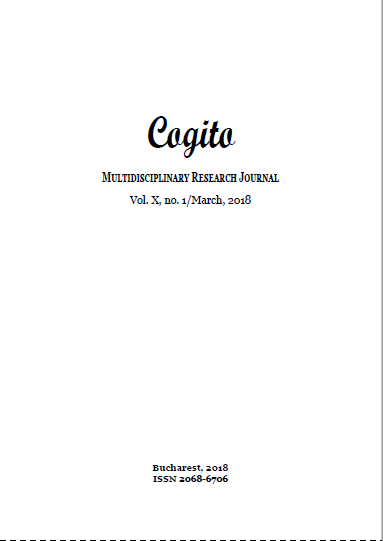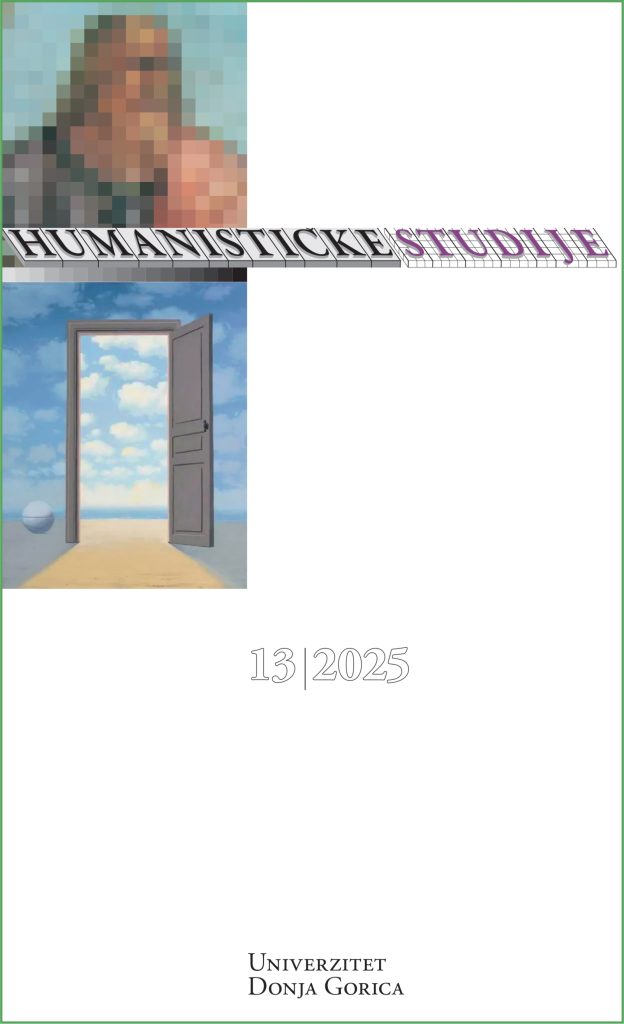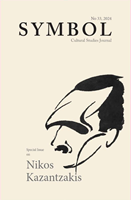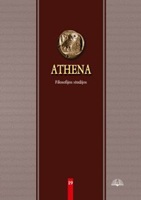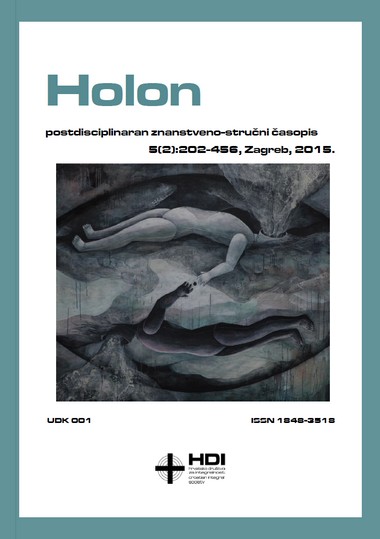
Razumjeti razgovor strojeva: Heideggerova ontologija prisuća nasuprot Lacanovu antihumanizmu
This paper addresses the question of machine intelligence, a cybernetic problem closely related to the questions of subjectivity, human intelligence and the constitution of human communication. The example of chatterbots and their (movie) representations will be used in order to reexamine their similarities and differences, as well as their relation to subjectivity in the broadest sense. Reversing the thesis on the instrumentalisation of the subject by means of a cybernetic framework, which is, as Martin Heidegger claimed, established as a paradigmatic framework of contemporary sciences, the paper will point to the closest relation between the subject and the mechanical or digital quasi-intelligent machine. Jacques Lacan's applied psychoanalysis provides a theoretical framework for this paper since it is in a position to point out the inadequacies of understanding communication as a means of conveying information. Such critique will prove to be fruitful not only for describing communication and the difference between the machinal and the human, but also for indicating the problems of identity politics. Lacan's anti-humanism and ethics of separation appear as tools of contemporary critique of political economy.
More...
